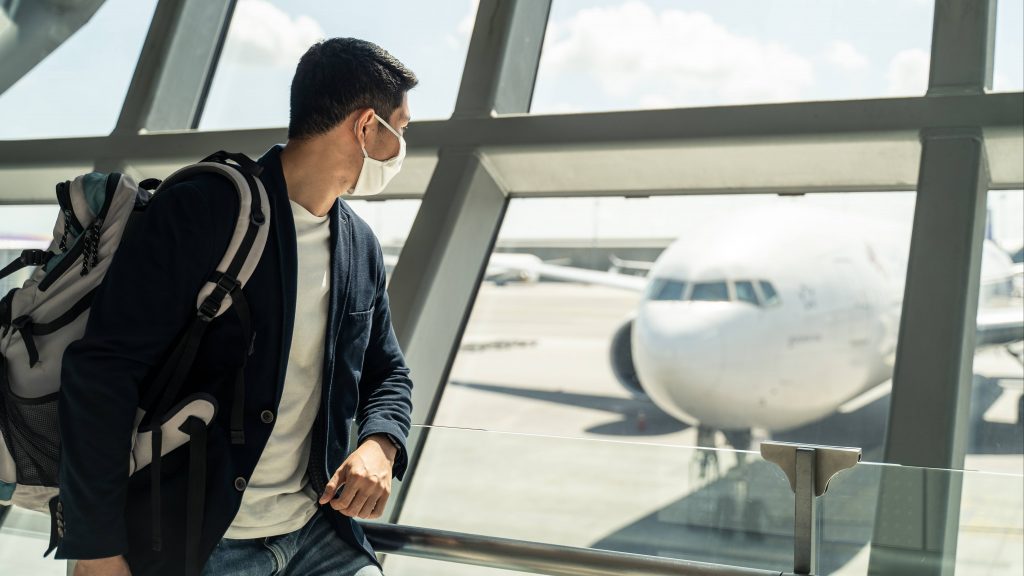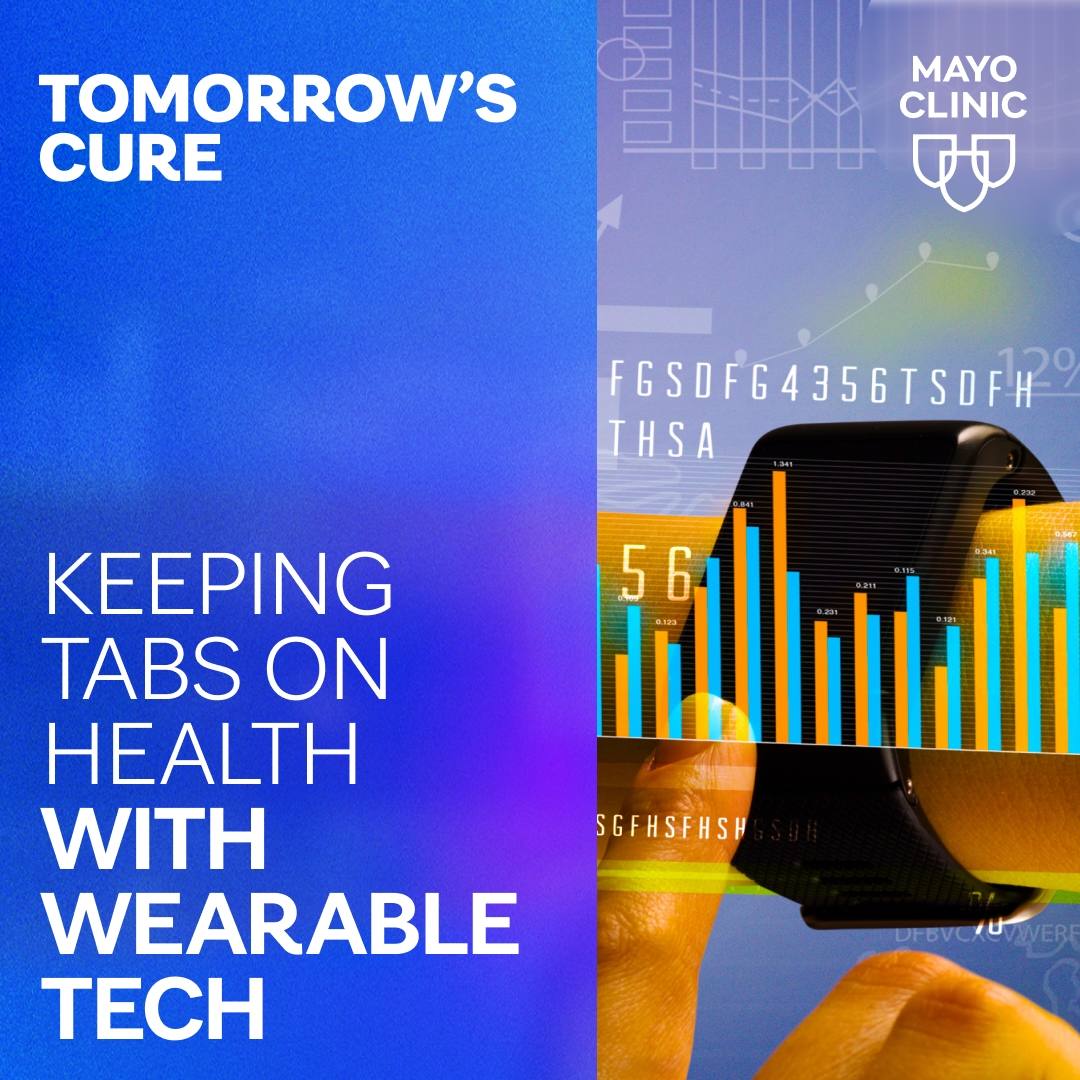
Thanksgiving is traditionally an intimate gathering of family and friends. And, for college students, the fall break in semester is an opportunity to travel home to see the family for a few days. With COVID-19 cases increasing at a high rate in some parts of the U.S., that trek home might need to be reconsidered.
"If you're only going to be coming home for Thanksgiving holiday and then going straight back to school, this may not be a year to make that trip," says Dr. John O'Horo, a Mayo Clinic infectious diseases specialist. "If your school is in the middle of an outbreak, it becomes all the more important to really weigh what you can do."
Watch: Dr. John O'Horo talks about college students, traveling and COVID.
Journalists: Broadcast-quality sound bites are in the downloads at the bottom of the page. Please courtesy, "John O'Horo, M.D./Infectious Diseases/Mayo Clinic."
When weighing options for the holidays, Dr. O'Horo says you should start by thinking of the people you plan to visit.
"The first thing to consider is who are you going to be traveling to and is it really going to be safe for you or for them," says Dr. O'Horo. "If you have any kind of chronic health conditions or they have any chronic health conditions, this is a year to really weigh whether or not it's worth it to travel because the risk is higher than it is in previous years."
There are ways to reduce risk if you choose to travel. Consider isolating yourself for the two weeks in advance of your trip to minimize the chance of bringing the virus with you, wear a mask and practice good hand hygiene.
"If you do have to travel and you cannot self-isolate effectively for those 14 days, make sure you're taking all these measures very seriously. Once you come home — even inside your family's house — it may be awkward to mask, but wearing a face mask for those first few days could prevent you from getting everyone else sick," says Dr. O'Horo.
"Meticulous attention to hand hygiene will be very important. And trying to keep socially distance, even inside the house, even though it's going to feel awkward could be keeping somebody safe if you're carrying a virus you don't know about yet."
Tips to reduce risks of COVID-19 spread when traveling by air, bus, train or car:
- Stay masked when around others.
- Wash your hands frequently or use hand sanitizer (at least 60% alcohol).
- Try to maintain social distance of 6 feet from anyone who is not from your household.
- Avoid crowded areas.
- Avoid high touch surfaces.
- Avoid touching your eyes, nose and mouth.
- Use disinfecting wipes on gas pump handles and buttons before you touch them.
Do not travel if you are not feeling well, have a fever or have been exposed to someone who has tested positive for COVID-19. Use the Mayo Clinic self-assessment tool for guidance to determine if you are a candidate to get tested for COVID-19 in your community.
For more information and all your COVID-19 coverage, go to the Mayo Clinic News Network and mayoclinic.org.







